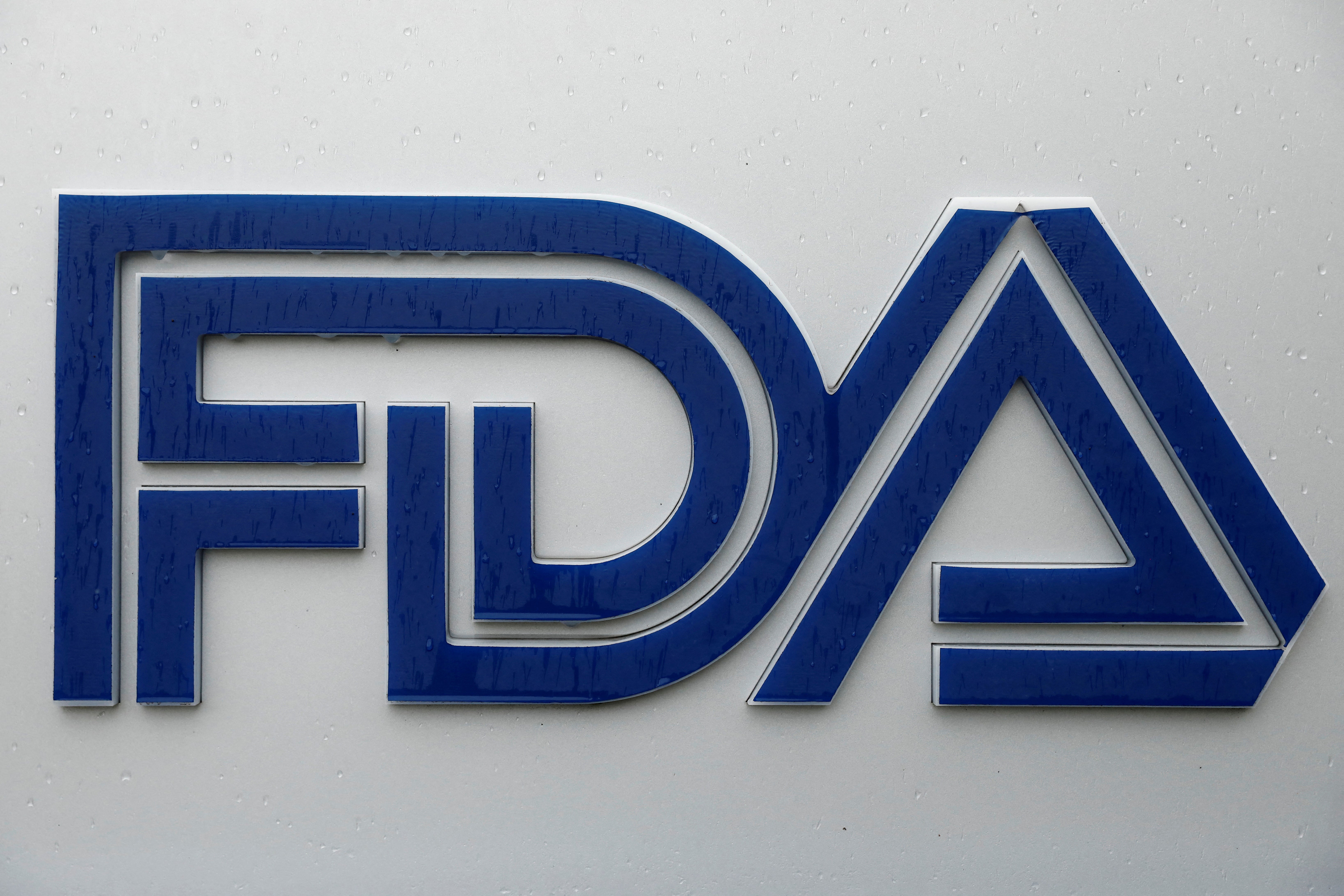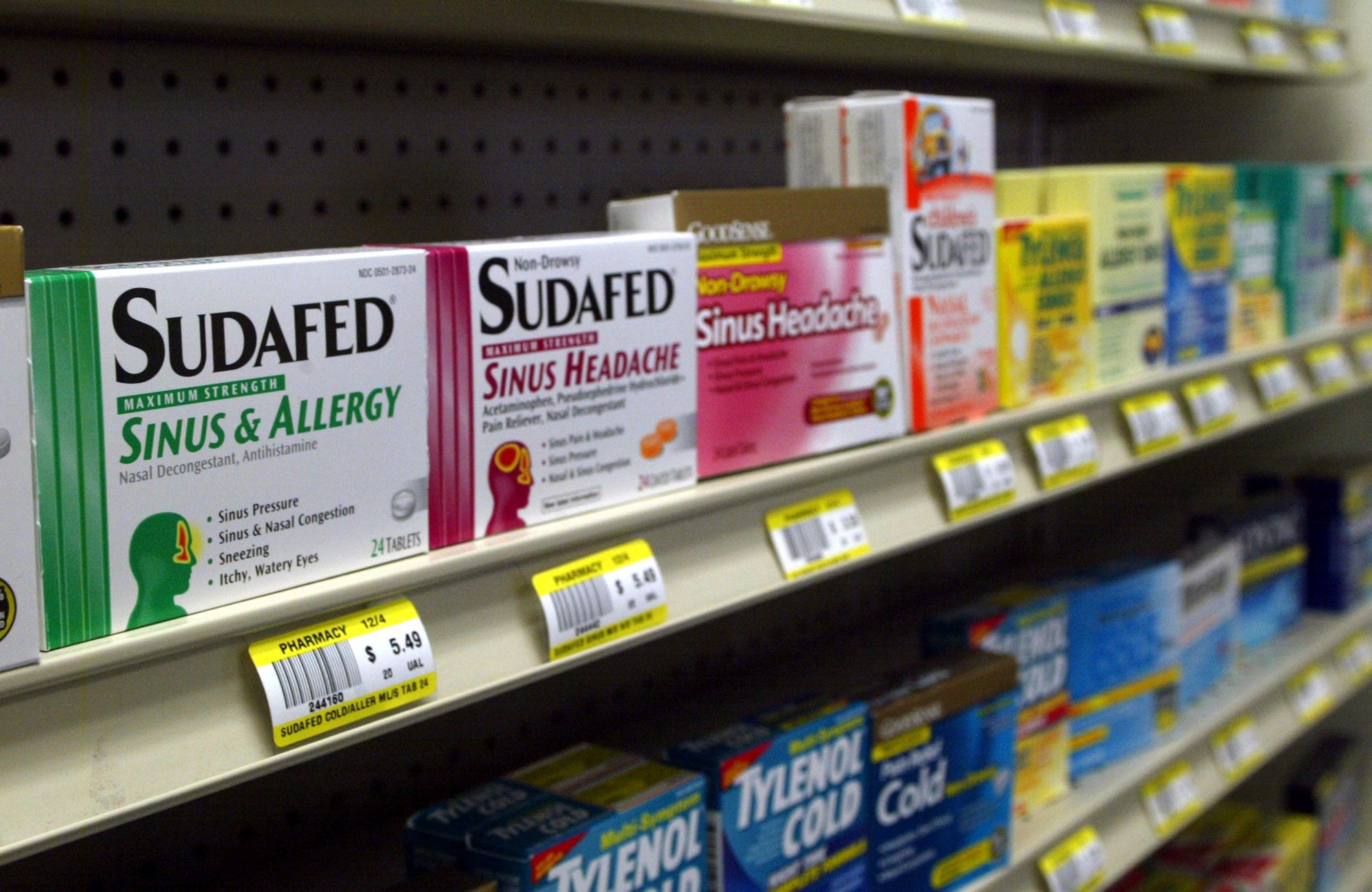What is oral phynylephrine and why does the FDA want to remove it from cold medicine?
The ingredient has been used for decades by millions of Americans

Your support helps us to tell the story
From reproductive rights to climate change to Big Tech, The Independent is on the ground when the story is developing. Whether it's investigating the financials of Elon Musk's pro-Trump PAC or producing our latest documentary, 'The A Word', which shines a light on the American women fighting for reproductive rights, we know how important it is to parse out the facts from the messaging.
At such a critical moment in US history, we need reporters on the ground. Your donation allows us to keep sending journalists to speak to both sides of the story.
The Independent is trusted by Americans across the entire political spectrum. And unlike many other quality news outlets, we choose not to lock Americans out of our reporting and analysis with paywalls. We believe quality journalism should be available to everyone, paid for by those who can afford it.
Your support makes all the difference.The U.S. Food and Drug Administration (FDA) is proposing to remove a common ingredient in nasal decongestants used by millions of Americans, citing data that shows it’s not effective.
Oral phenylephrine is used in over-the-counter products like Sudafed and Dayquil to help temporarily relieve the common symptom of colds and allergies. Phenylephrine has been sold for more than 75 years, predating the agency’s own regulations on drug effectiveness.
“It is the FDA’s role to ensure that drugs are safe and effective,” Dr. Patrizia Cavazzoni, the director of the FDA’s Center for Drug Evaluation and Research, said in a statement. “Based on our review of available data, and consistent with the advice of the advisory committee, we are taking this next step in the process to propose removing oral phenylephrine because it is not effective as a nasal decongestant.”

For now, companies may still market products containing oral phenylephrine as a nasal decongestant. Only a final order will affect what products can be marketed. Some products only contain oral phenylephrine as a single, active ingredient, and others contain oral phenylephrine and another active ingredient.
The FDA notes the proposed order is not based on safety concerns, and that the presence of oral phenylephrine in these medicines does not affect how other active ingredients treat symptoms. In addition, its action is only related to orally administered phenylephrine, and not the nasal spray form.
Last fall, the FDA held a meeting to discusss the status of oral phenylephrine, determining that the leading decongestant is no better than a dummy pill. Studying phenylephrine at higher doses is not an option because it can raise blood pressure to potentially dangerous levels.
The FDA’s recent proposal drew swift reaction from the Consumer Healthcare Products Association, which noted that the ingredient is the only oral over-the-counter decongestant available without restrictions.

“CHPA is disappointed in FDA’s proposal to reverse its long-established view of oral PE. For decades, people have relied on oral PE to relieve their nasal congestion,” said CEO Scott Melville. “We believe Americans deserve access to safe and effective OTC medicines and the option to choose the products they prefer for self-care.”
Drugmakers Proctor & Gamble and Kenvue did not immediately reply to The Independent’s request for comment on the matter.
Phenylephrine became the main drug in over-the-counter decongestants when medicines with an older ingredient — pseudoephedrine — were moved behind pharmacy counters.
With reporting from The Associated Press
Join our commenting forum
Join thought-provoking conversations, follow other Independent readers and see their replies
0Comments